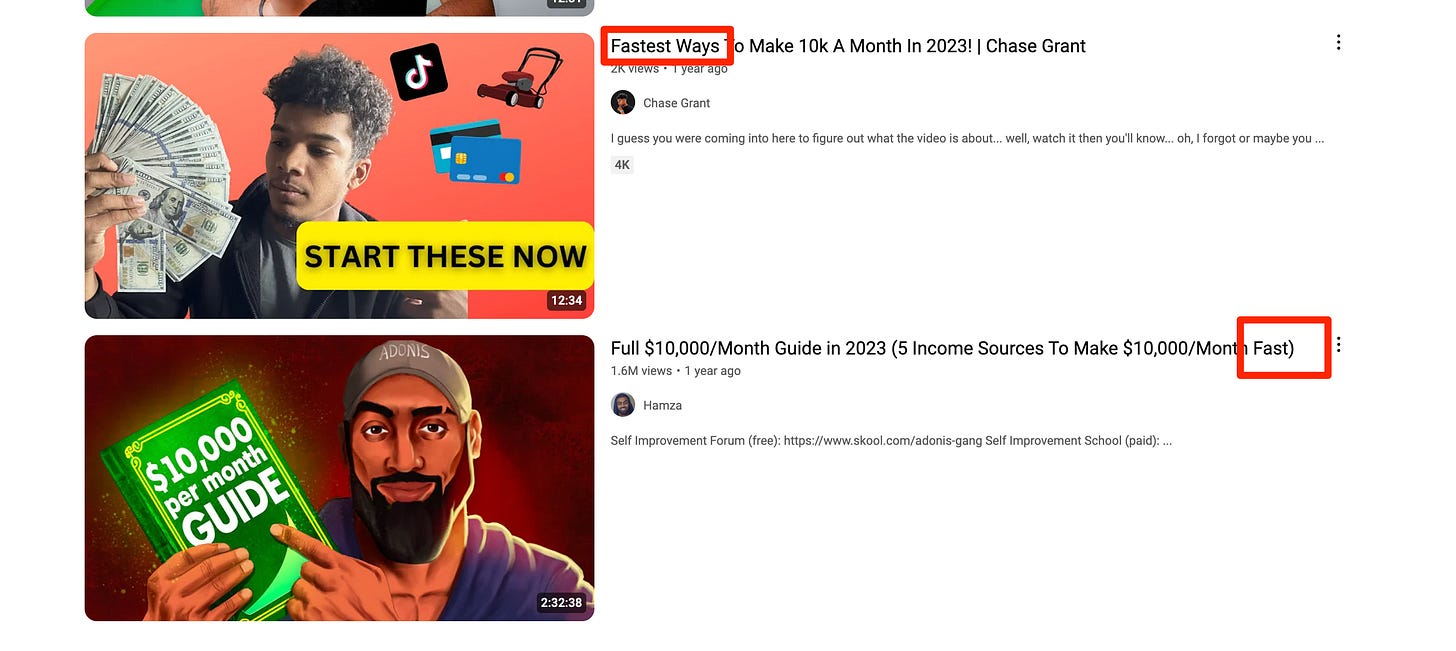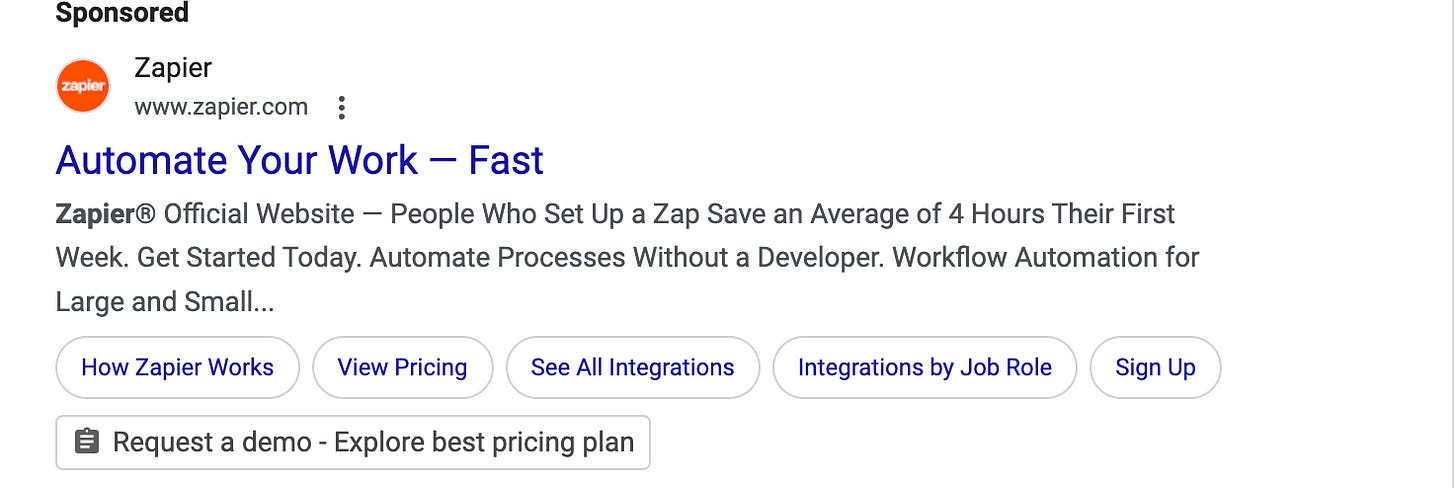Impatience Drives Marketing Sales
What I discovered about human nature as I learned about marketing
I got promoted recently in my workplace.
It was the promotion that I had been anticipating for a year.
However, I patiently did my work, executed my plans, and trusted that the promotion would come.
If I had not been patient and started looking elsewhere, I would have never gotten that promotion. I may have had to keep repeating myself repeatedly, but in a different company.
Everything can be achieved through patience.
It is wild how much business and marketing are centered around solving impatience.
Think about it,
People are inherently impatient and driven to get what they want quickly.
Someone is selling a course to grow their newsletter channel fast.
Someone is selling courses to get promoted fast.
Selling courses to talk about earning 10K/month by next month.
We often cannot wait to get to the destination only; we want to get to the destination faster than everyone else.
It's not that patience doesn't exist, but in a world where time is equal to value, patience is the last thing people want to exercise.
This is why many click-baity headlines and marketing leverage this lever to drive you to take action.
The Role of Patience in Marketing
Don't get me wrong; some of these informational courses are useful for providing insight into any circumstance.
But I noticed that every headline and course I saw was framed around a solution that promised to "save time" and "deliver results fast."
For example, you can see that many SAAS features promise to eliminate certain processes that otherwise require patience.
Let's take Zapier; the first headline you see is "Automate Your Work -Fast."
Which taps into the human emotional nature of impatience.
We are an inherently impatient species. Thus, we often make tools to automate and make your life "better."
Before horses were domesticated for riding, humans relied primarily on walking or using basic carts pulled by oxen or other animals.
As societies grew and trade routes expanded, the need to quickly cover longer distances became essential.
People became impatient with walking's limitations. Horses offered much faster transportation, allowing people to travel far greater distances in less time.
Fast-forward to the 19th century, when the world had grown even larger with the rise of cities and expanding trade networks. Once again, we are impatient with the limitations of horses.
Voila, the automobile, is invented.
Overall, we were driven by the need to overcome time and distance limitations.
But impatience is the core motivator for us to overcome time constraints.
Turning Patience into a Marketing Strategy
I learned from Launch to use impatience as a trigger and create urgency.
It's the discomfort we experience when something takes longer than we think it should.
It is the driving force behind our need for quicker and more efficient solutions.
Instead of screaming for attention, you attract attention by giving them the opportunity for a transformation or change.
If you're selling a training course to give actionable advice to software engineers on their communication skills, start letting them know how fast that promotion will be if they are good at communication.
In other words, focus on the end benefit your product will create and how fast it will bring them to that result.
Closing
At its core, successful marketing taps into deep human desires. And impatience is one of the strongest drivers of action. Whether it's a fitness product that promises results in weeks instead of months or software that automates tedious tasks, the key is simple: People don't want to wait.
As I was thinking about what kind of side project to work on, I asked myself, "What are my potential customers currently waiting on? What processes frustrate them because they take too long? How can I present my product as the ultimate shortcut?"
By focusing on the solution to the common pain point where patience was wearing thin, I wasn't just selling a service or software—I was giving them freedom from waiting and freedom from frustration.
Do you have any experience in feeling that the process that you are doing is tedious?
✏️ I'm starting to work on building a series of side projects, and one idea that has been on my mind is the Medium Publication Index. I want to create a collection of publication indexes to help fellow Medium writers find the best publications to submit. If you are a fellow writer or reader on Medium and are interested to see the results, feel free to submit the waitlist here!
In the meantime, feel free to connect with me through Twitter, where I post daily content on software engineering and portfolios of side projects.
Thanks,
Edward







